
How to find, and work with, marine distributors
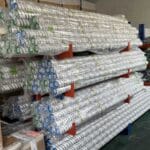
MIN often receives news from Shakespeare Marine about the latest distributor added to its roster, so who better to offer advice for companies wondering how to find a marine distributor?
With 26 countries looked after, and 44 distributors across Europe, Asia, Africa, Australasia and South America as well as hundreds more in the US, the company is selling over 250 live products globally.
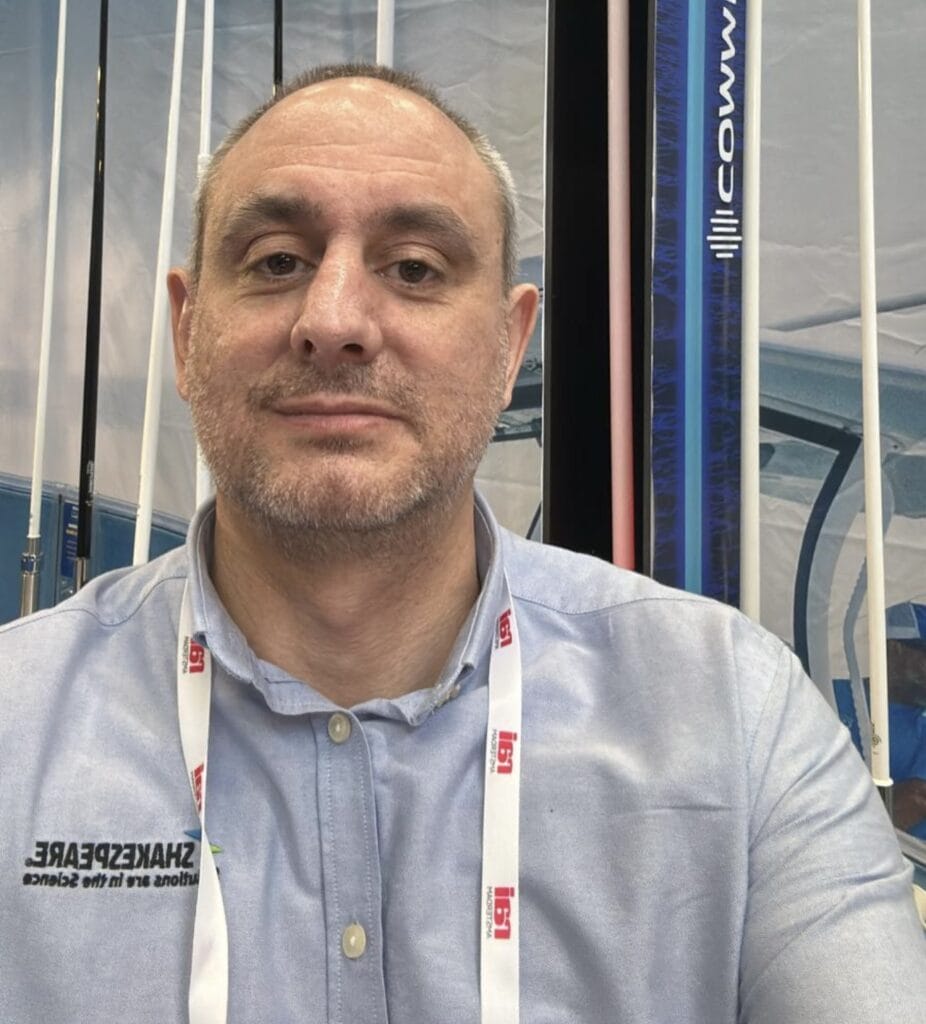
Dave Manasseh (left), the company’s international sales manager, says its challenging to find distributors working in marine electronics – it’s a small, niche market, he says, and selling antennas is even more unique.
“Although it’s a key product in the marine market, the antenna on a boat is often overlooked, hence finding a distributor able to understand that is not always easy.” That’s why many of the company’s distributors are solely marine – like SMG Europe and Meridian Zero in the UK.
However, the challenges facing Shakespeare Marine are resonant with any company looking for marine distributors…
Key routes for finding marine distributors: research, trade shows, Linkedin
“Most of the new wins have come from research,” Manasseh says. “Assessing the markets we need to develop and/or want to be in, and conversing with industry colleagues in the electronics world throughout the industry is a must.
“We have had some great positives from METSTRADE. We see this as a key show to expand our business and will continue to invest in our presence here, enabling us to meet, discuss and network, while seeing the developments across the sector.
“We are lucky to experience professionals reaching out directly to us. I think a great LinkedIn presence is important, to drive people to read our updates and contact us directly – which has and continues to result in sales and new partnerships around the world.”
Marine Industry News‘ evolving list of marine distributors is online.
Tips for deciding which marine distributor is the best fit: portfolio and contacts
“It’s important we make sure our Shakespeare portfolio fits with the company and its existing range,” says Manasseh. “For me, this is really important to ensure the potential distributor is already established and connected within the sector, and has a good client base, alongside complimentary products to help bolster the collection and offering.”
He also advocates chatting with contacts about the companies being considered. “I often discuss and problem-solve with other marine manufacturers for advice on the company. It is a relatively small industry so [having] good networks and connections with other companies helps support new distribution decisions. The marine sector is a friendly one, and we all want the best for the industry, so it’s important to lean on friends within the sector, and talk about potential opportunities and contacts around the globe.”
Distributor agreement timescales
While Manasseh says the company hasn’t had to extricate itself from any distributor relationships which have turned sour, the company uses short-term agreements. “We have short-term agreements in place with our distributors, so that the relationship can be parted by either side at anytime.”
The practicalities of working with a distributor? Training is a must
Manasseh believes that meeting for face-to-face onboarding is key.
“There is often a level of training required. Our products are very technical, even if the equipment might not look so from the exterior. It is important to ensure the training is comprehensive, and is consistent across distributors around the world – whether they have worked with our brand before or not.
“The distributor wants to sell the product, so it is important to learn about the issues in their market and how best to support them.
“Understanding the importance of an antenna and the differences in product and quality is important – it requires training of distributors and customers, to ensure they are well equipped to be able to advise their customers appropriately. Antennas are not always seen as technical – but they are.

“With a global reputation built over a century, Shakespeare Marine, is a market-leading marine electronics brand, meaning we rely on distributors around the world to accurately and confidently sell products our in their stores, as part of the Shakespeare family. It’s important we pick the right partners and provide them with education and training across all of our products, servicing and technical advice. We strive to be the leaders of quality and innovation across the marine electronics market, and we endeavour to partner with distributors who share the same passion for the industry.”
With this in mind, it’s really important to stay in touch after the initial training.
“One famous rule I was taught is ‘you have two ears, one mouth – use them that way’,” says Manasseh. “I listen to my partners and stay in touch with customers, updating them on news, company updates and information I believe will help them do their job better, or help them be more informed about the sector.
“I believe it’s always good to share company updates, support and counsel, and ask how business is going with our products – a main aspect to keep the relationship strong is to listen.”
Be prepared to be flexible with things like data
“A more modern expectation is that everybody wants a spreadsheet with all our product data for their websites. This can be hard to fit into other people’s specific setups, but it is always fun and we are always flexible to support the needs of our partners.”
Distributors in different marine markets have different needs
“We try and visit or meet all customers face to face at least once a year, which includes trips to Asia, across Europe and all parts of the world scheduled throughout the year.” It’s often more – especially with shows and exhibitions throughout the year, and those trips allow for understanding to grow.
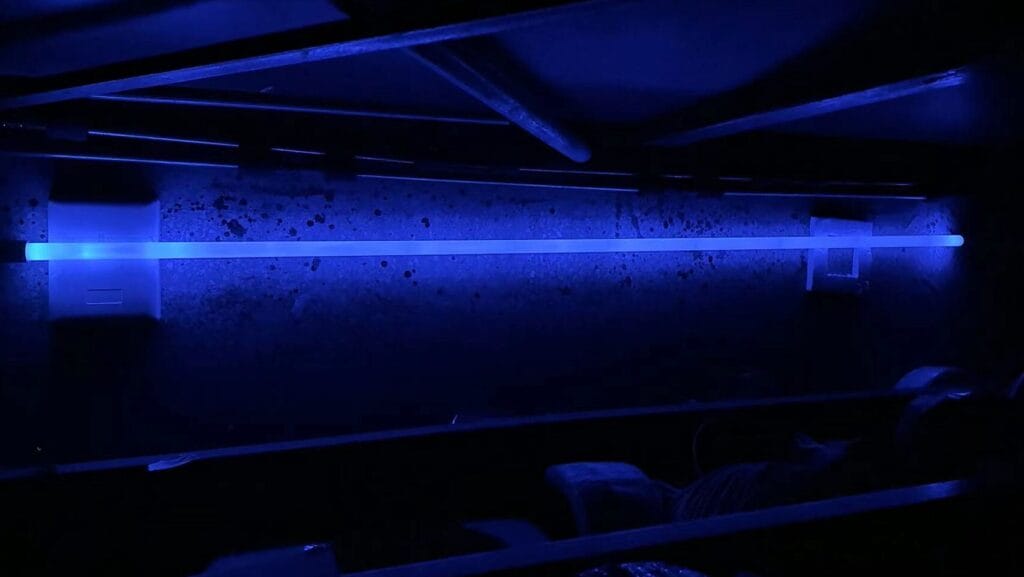
“This is key in different markets and in different countries, where a ‘one size fits all’ approach doesn’t work. Every business and every market is different, so it’s important to work closely with your partners to ensure you’re listening to their feedback and adapting the support and plans, to fit with their bespoke needs.”
According to Shakespeare Marine’s experience, in Europe, the company supplies regular orders though Brexit has presented challenges.
“Being based in the UK, selling globally has had numerous challenges since Brexit and our EU sales were badly affected. We have learnt a new way of working now, to negate many of the issues, but we are still at a disadvantage in the EU market over local brands – with the main issue being shipping and import fees.”
That said, the patterns are very different elsewhere. Like in the Middle East where Shakespeare Marine supplies volume orders infrequently, and in Korea, where the company had to develop new products.
Competition in Korea is based around performance and not on price, says Manasseh. It’s “a local market with different needs to the rest of the region. We had to develop a few new antennas styles for the region.”
In the Middle East the market takes high volume orders, but quite infrequently. “Other regions order regularly, but within this region, we have learnt that they prefer to stock up and buy more in one go, therefore putting in less orders – but no less in value.”
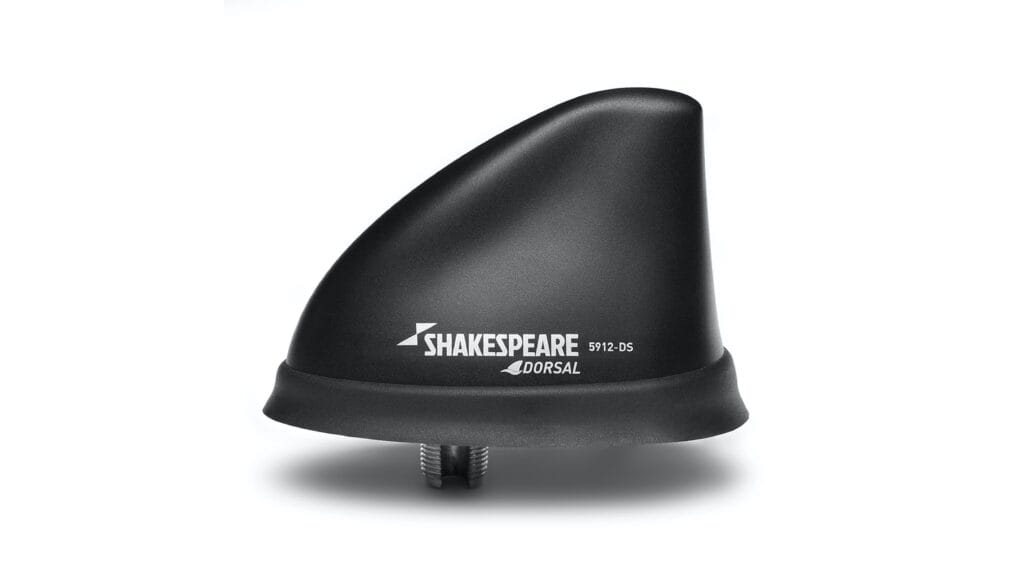
The idea behind Shakespeare Marine’s DAME-Award nominated and best-selling fin-shaped 5912-Dorsal antenna was suggested by a distributor in the UK – and the 5912-Dorsal antenna continues to receive orders from around the world, totalling 19 regions in six-months.
Using distributor knowledge to tailor strategies
Manasseh says the opportunities realised from distributors has been great for the business. “Since we sell globally, we have transferred many skills and knowledge from other regions, such as ideas and what’s working well in other regions. [For example], from Asia, we have applied into the EU market and vice versa. We are lucky to have an ever-growing distributor network around the globe, so we tailor our strategies to local markets.”
Distributor and product capability must match
Shakepeare Marine has had its share of logistical issues – specifically with the design of marine antennas. They’re long and slim.
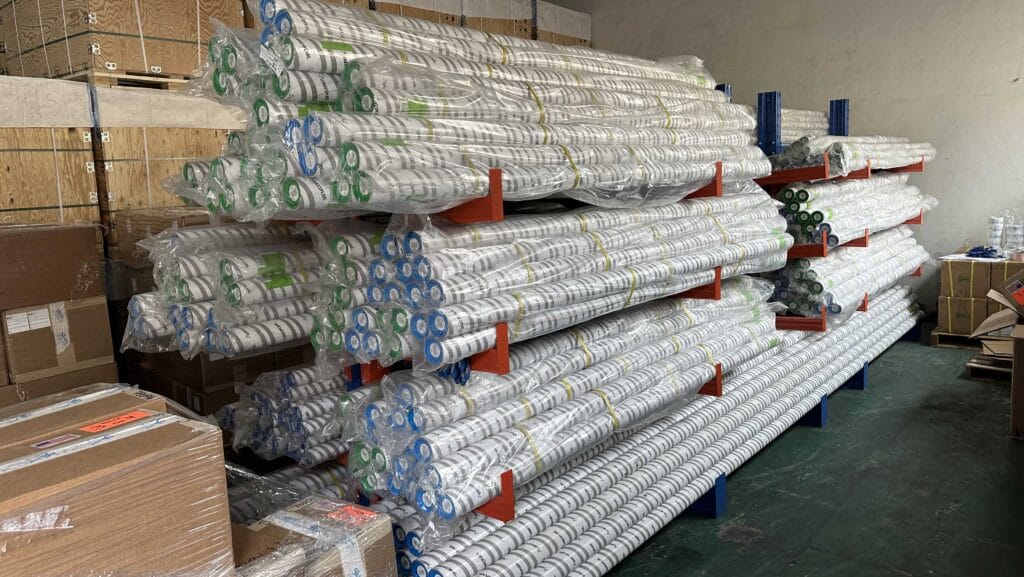
“[The] construction means it’s not easy to ship or store produce in a warehouse. Shakespeare has tried to alleviate this issue with the development of two-part antennas and a review of packaging across the company, but it is an ongoing challenge for the wider market.”
Make mistakes and learn from them – learn to pivot
“If you don’t make mistakes, you aren’t trying hard enough,” Manasseh believes. “It’s not about getting everything right; it’s about learning from the experiences and pivoting in the future, to ensure you don’t replicate the problem again, but also that you can foresee the bumps in the road, and make suitable back-up plans.”
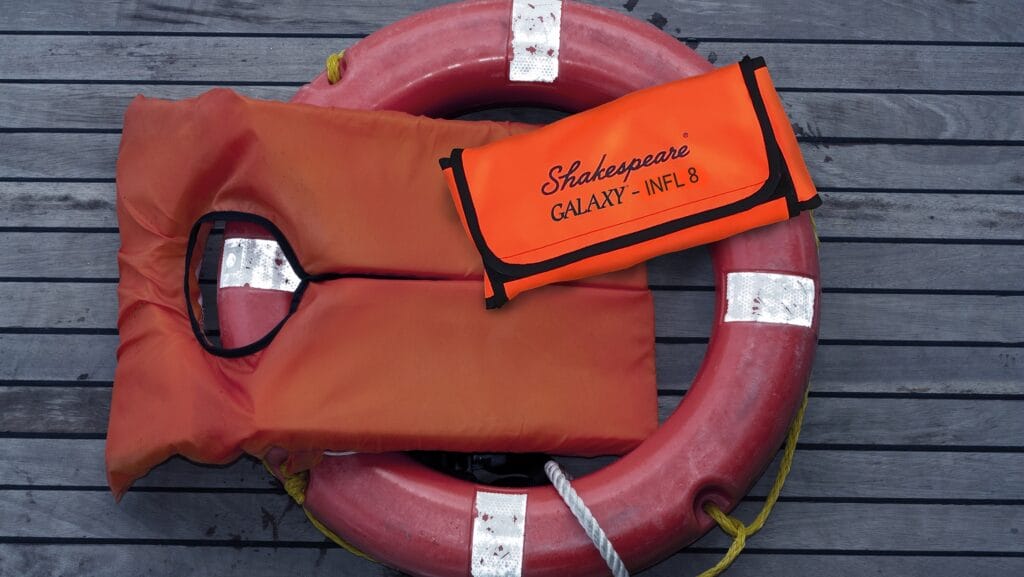
Main image shows warehouse in China.
The post How to find, and work with, marine distributors appeared first on Marine Industry News.
